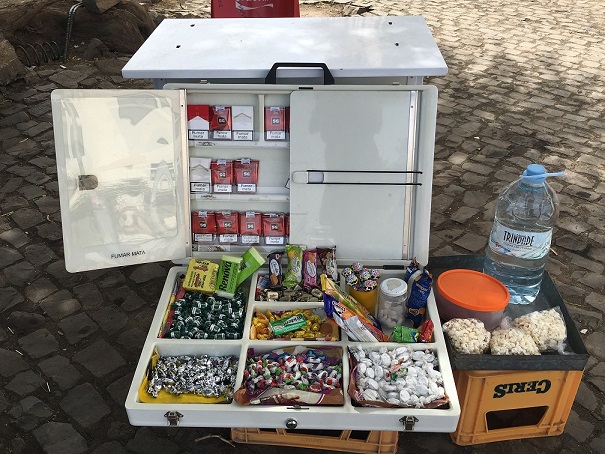
- Posted on:
- Related Parties: Cabo Verde
On 10 May 2022, the Parliament of Cabo Verde passed Law No. 8/X/2022 on tobacco control. The adoption of the Law brings the country closer to its long-term vision of fully aligning its tobacco control policies with the WHO FCTC, to which it is a Party since January 2006.
The new Law regulates most evidence-based demand and supply reduction measures, including:
• Banning the use of tobacco products and “electronic devices” (with or without nicotine) in work and public places, and on public transport, and only allowing smoking in outdoor places 3 meters away from public access areas and spaces that may be created for smokers;
• Smoking and use of electronic devices is prohibited inside private vehicles when they transport minors under eighteen years of age;
• Comprehensively banning tobacco advertising, promotion, and sponsorship;
• Placing graphic health warnings, covering 50% of the front and 100% of the back and sides;
• Requiring a total ban on sales of single sticks or in packages of less than 20 units, and prohibiting sales of tobacco products to and by minors under eighteen years of age;
• Banning the manufacture, import, sale, advertising and supply of “electronic devices” in the national territory;
• Banning certain additives and other ingredients or components that give flavour or aroma to the tobacco products;
• Requesting the tobacco industry to communicate the list of ingredients and emissions of tobacco products, among other data, as well as to cover the annual costs of laboratory measurements;
• Imposing legal duties of compliance along with penalties to discourage non-compliance; and
• Protecting public health policies from commercial and other vested interests of the tobacco industry.
To reduce cigarette affordability and ensure the sustainability of tobacco control efforts, the law requires the adoption of tax policies that would lead to a progressive increase in cigarette prices and, therefore, a reduction on demand. It also commits allocating up to 15% of tobacco taxes and 60% of fines for non-compliance to support tobacco control programs.
In addition to measures aimed at reducing the demand for tobacco products, Article 23 of the Law requires all health centres to provide cessation services and calls on the Ministry of Health to provide smoking cessation training to all health professionals.
Policy coherence through multisectoral action is also a major requirement of the Law. The Law formalises the national coordination mechanism for tobacco control in the form of a committee whose main mission is to coordinate and facilitate all national tobacco control efforts, in close collaboration with other state and non-state actors. Committee members are required to declare any conflict of interest with the tobacco industry.
The Law will automatically enter into force 160 days after adoption, that is, approximately by August 2022.
For more information, contact Ms Ferdinanda Marques, WHO FCTC Focal Point in Cabo Verde (Fernanda.Marques@ms.gov.cv).

 Law No. 8/X/2022
Law No. 8/X/2022